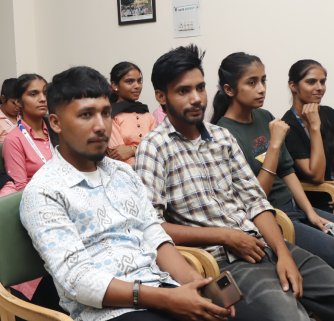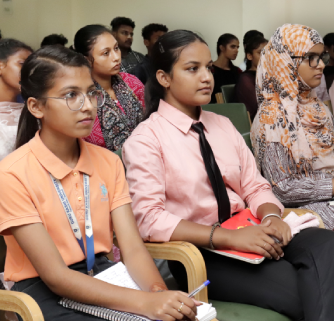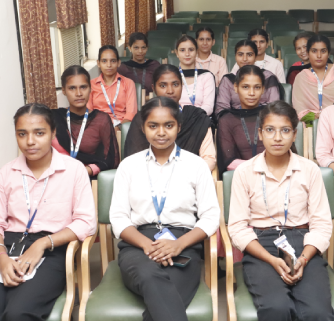The labs are equipped with modern lighting, adjustable display systems, cutting tables, sewing equipment, and digital presentation tools to accommodate both traditional and modern fashion practices.
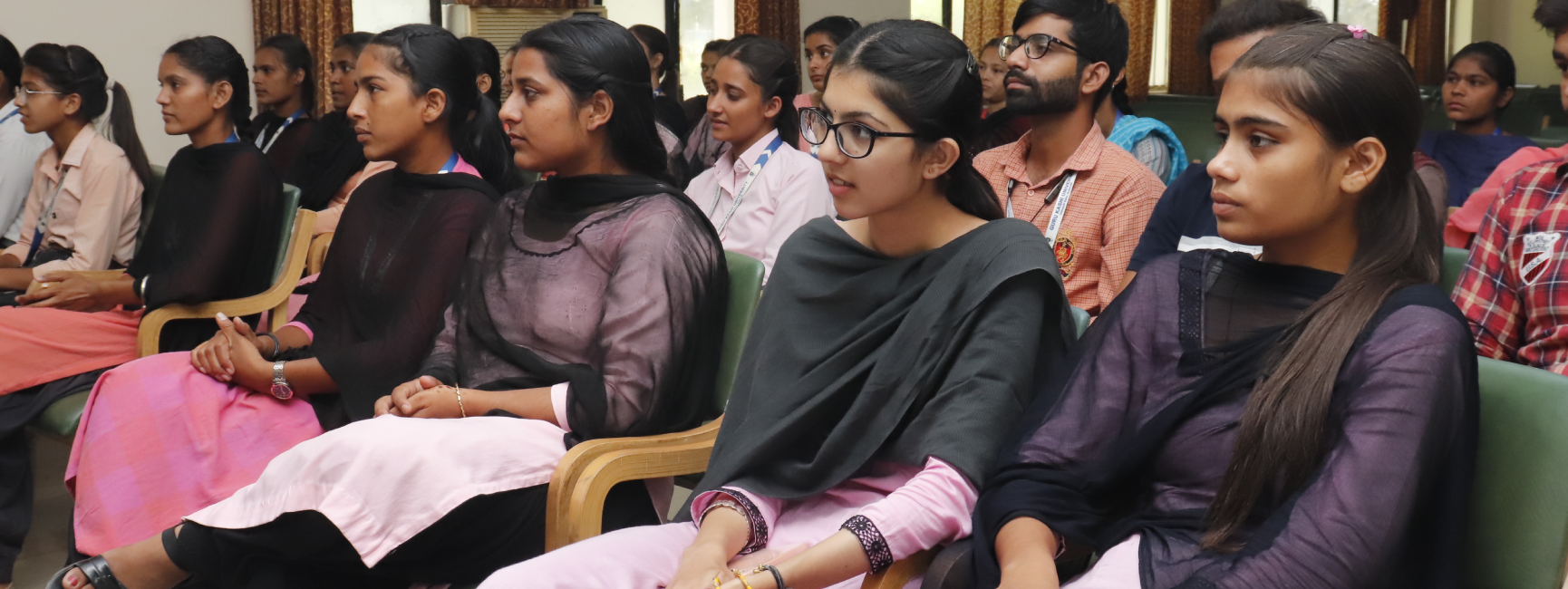
The Fashion Labs is a well-equipped, fully air-conditioned facility designed to support a wide range of fashion design activities, including garment displays and creative events. It features modern lighting, adjustable hanging systems, movable partitions, and multimedia presentation tools to accommodate both traditional and contemporary fashion installations.
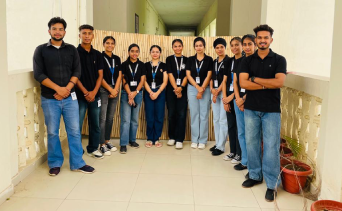
With ample floor space and high ceilings, the lab offers an ideal setting for exhibitions, design installations, and interactive workshops. Its thoughtfully planned layout ensures excellent visibility, smooth navigation, and a comfortable viewing experience for all visitors.
Additional amenities include secure storage for garments and materials, surveillance systems, and technical assistance—making the Fashion Labs a professional, versatile, and inspiring space for students, curators, and fashion enthusiasts alike.
Our Approach
At our institution, we are committed to delivering the highest quality of education by adopting research-driven teaching methodologies. We emphasize observation, investigation, and in-depth analysis of micro-level aspects within each subject. This approach encourages students to delve deep into their areas of study, fostering the ability to think critically and innovate.
The Resource Generation Cell aims to ensure sustainable growth by generating consistent income through departmental services, while enhancing student learning and community engagement.
As part of this initiative, we operate an in-house Boutique and Cosmetology Center, offering hands-on skill development opportunities for students and accessible services for residents within the university. These platforms not only foster practical learning but also serve as a support system for individuals who may face limitations accessing such services externally.
By combining customer satisfaction, entrepreneurial exposure, and professional skill-building, the cell contributes to student readiness, community well-being, and the university's long-term sustainability.
